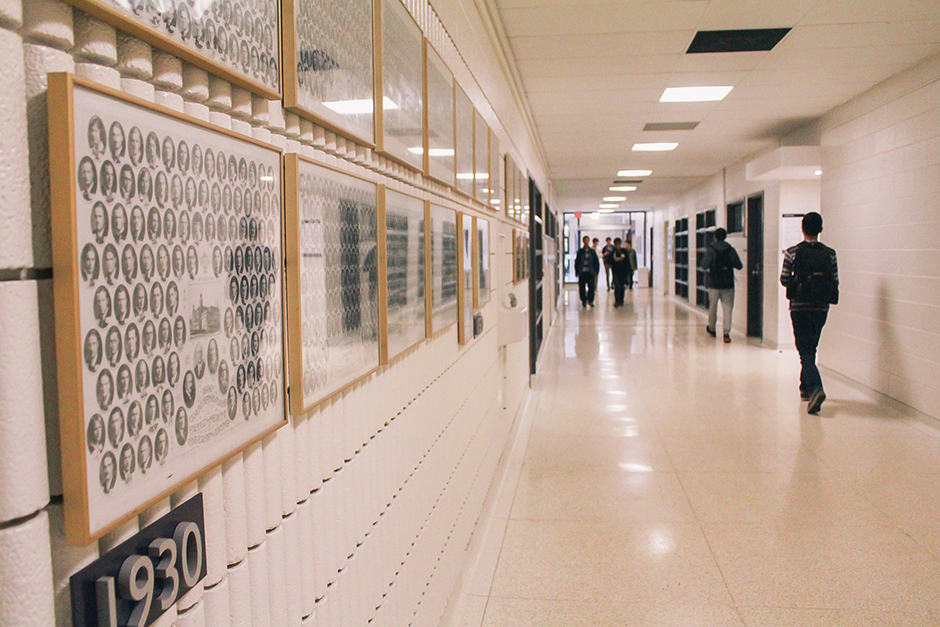Scientists have estimated that ten per cent of breast cancer cases are hereditary, meaning that the genes associated with breast cancer are passed on from parents to children. As a result, many researchers have been focusing on developing genetic screening techniques that can predict the possibility of someone developing breast cancer, and to ensure early detection so that treatment can be initiated quickly, which would lead to better outcomes for patients. It is estimated that only half of the gene mutations associated with the development of breast cancer have been discovered.
The breast cancer susceptibility genes are genes that increase an individual’s chances of developing breast cancer. To date there have been several breast cancer susceptibility genes that have been discovered and that have been deemed to be of moderate to high risk. It is likely that many are still unknown.
Dr. Akbari, an assistant professor with the Dalla Lana School of Public Health at the University of Toronto, has recently lead a study at the city’s Women’s College Hospital that has, for the very first time, identified a strong association between mutations in a new RecQ helicase-like (RECQL) gene, and the development of breast cancer in both Polish and French-Canadian women.
RecQ helicases are enzymes that are involved in repairing DNA damage by replacing incorrect DNA bases that were added during DNA replication. As such, mutations in the RECQL gene prevent normal repair of damaged DNA, which increases the likelihood of breast cancer development for women with the mutations.
Currently, most inherited cases of breast cancer appear to be associated with abnormal forms of breast cancer gene one (BRCA1) and breast cancer gene two (BRAC2). These genes are common and their function is to repair cell damage enabling cells to grow normally. A mutation in the gene, which can be passed from generation to generation, however, can diminish its function, and thus make the individual with the mutation at a higher risk.
In this study, Dr. Akbari and his team first looked at 20,000 different genes in 195 breast cancer patients who have a strong familial history, but who do not have the BRCA1 and BRCA2 mutations. In the next stage of the study, 25,000 more people, of Polish or French-Canadian descent, were included to confirm the association between the RECQL mutations and the development of breast cancer.
Dr. Narod, a co-author of the study, who is the director of the Familial Breast Cancer Research Unit at Women’s College Hospital, as well as a professor with the Dalla Lana School of Public Health at the University of Toronto, indicated that studying a specific population of patients could give insight on the disease-associated genes.
This study found that within the Polish group, a specific mutation in the RECQL gene resulted in a five-fold increase in their risk of developing breast cancer, compared to individuals without this mutation. On the other hand, in the French-Canadian population, a different RECQL mutation was 50 times more common in families of breast cancer patients when compared to the general population.
Even though the RECQL mutations are rare, they are very potent; up to one-half of women who have the mutation develop breast cancer.
Dr. Akbari is optimistic about the future treatment of genetic diseases: “In the future, we might be able to select or develop treatments that can work around or correct relevant genetic mutations that are linked to breast cancer. This opens the door for new and better ways of approaching treatment.”


